Source:
Hu, B., Cole, C., & Wang, J. (2024). How loneliness affects consumers' reluctance to let go of used possessions. Psychology & Marketing, 1–15. https://doi.org/10.1002/mar.22117
As the holiday season approaches, many of us find ourselves surrounded by an ever-growing collection of possessions. The global explosion in self-storage units over the last decade is a testament to our struggle with letting go. But what if there's more to our attachment to stuff than meets the eye? Recent research published in Psychology & Marketing (2024) sheds light on a surprising connection between loneliness and our reluctance to part with possessions. Let's dive into these findings and explore how they can inform our approach to decluttering and gift-giving this holiday season.
The Loneliness-Clutter Connection
The study reveals a counterintuitive truth: lonely individuals are less willing to dispose of items they no longer use, even if these items could benefit others. This reluctance stems from a heightened attachment to material possessions, which lonely people may use as a substitute for interpersonal relationships. It's as if our belongings become silent companions, filling the void left by a lack of social connection.
Key Findings:
Loneliness increases attachment to possessions, making it harder to let go.
This effect is stronger for self-purchased items than for gifts.
Lonely individuals may use possessions as a coping mechanism for lack of social connection.
The Gift Paradox
Interestingly, the study found that lonely individuals are more likely to dispose of gifts compared to non-lonely people. This suggests that gifts might serve as reminders of unsatisfactory or ended relationships for those experiencing loneliness. It's a poignant reminder of the complex emotional landscape we navigate when it comes to our possessions.
Practical Implications for the Holiday Season:
Mindful Decluttering: When helping someone declutter, be aware of the potential emotional attachments to items, especially if the person might be experiencing loneliness.
Social Decluttering: Consider organizing group decluttering activities. This combines the act of letting go with social interaction, potentially making it easier for lonely individuals to part with items.
Thoughtful Gift-Giving: Opt for experiential gifts or consumables. These create memories without adding to physical clutter and may be easier for the recipient to enjoy without forming strong attachments.
The "Take a Picture" Strategy: For sentimental items that are hard to part with, try photographing them before disposing. This preserves the memory without keeping the physical object.
Gratitude Practice: Incorporate gratitude exercises into your decluttering process. This can help shift focus from material possessions to intangible values and relationships.
Implications for Marketers and Businesses
Empathetic Marketing: Secondhand marketplaces could create campaigns that acknowledge the emotional aspect of letting go while emphasizing the benefits of decluttering.
Trained Decluttering Services: Professional organizers could benefit from training in the psychological aspects of attachment to possessions, allowing them to provide more empathetic support.
Meaningful Donation Campaigns: Charities could highlight how donated items create new connections, appealing to people's desire for social impact.
Innovative Product Design: Home organization companies could develop products designed to help manage sentimental items more effectively.
As we navigate the holiday season, understanding the link between loneliness and our attachment to possessions offers valuable insights. It allows us to approach decluttering, gift-giving, and consumption with greater empathy and mindfulness. Remember, the true value of possessions often lies in the memories and connections they represent, not in the items themselves.
This holiday season, let's focus on creating meaningful connections and experiences. By being aware of the psychological factors influencing our relationship with possessions, we can make more intentional choices about what we keep, what we give, and ultimately, what truly adds value to our lives.
Call to Action
As you prepare for the holidays, take a moment to reflect on your own relationship with your possessions. Are there items you're holding onto out of loneliness rather than necessity or joy? Consider trying one of the strategies mentioned above, like organizing a decluttering party with friends or opting for experiential gifts this year. Share your experiences in the comments below – your insights could help others navigate their own decluttering journeys.
Remember, sometimes letting go of possessions can mean making room for new experiences and connections. Here's to a holiday season filled with meaningful relationships, cherished memories, and just the right amount of stuff!
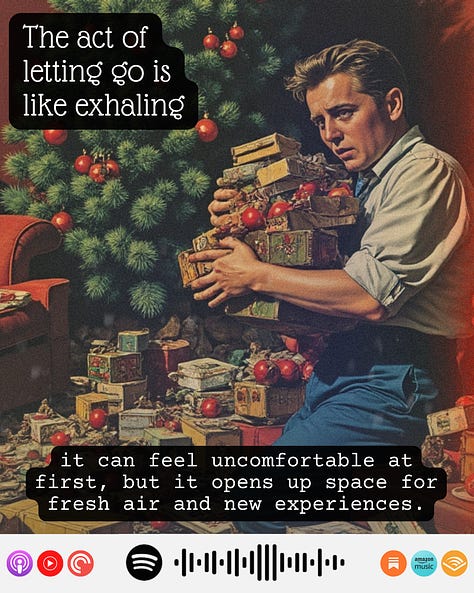
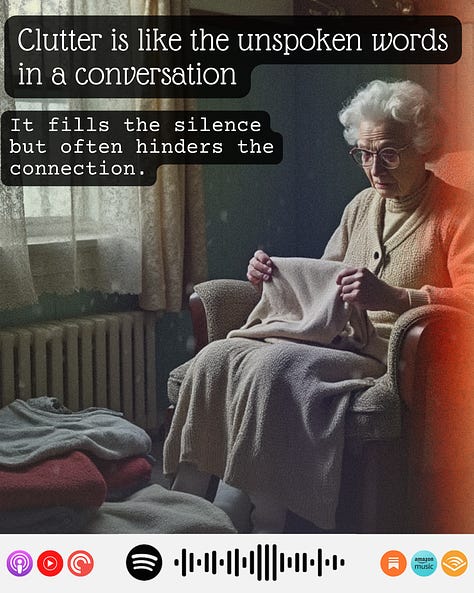
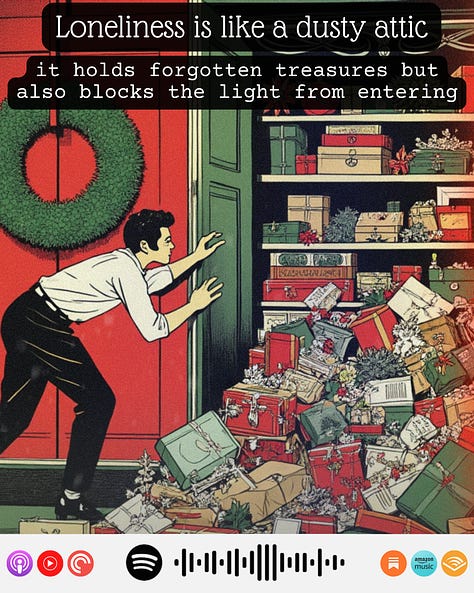
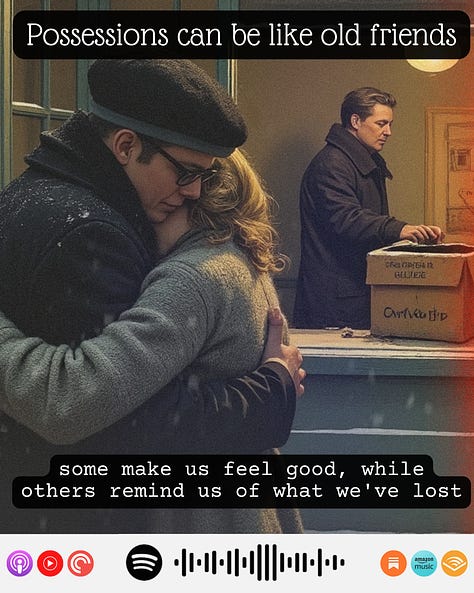
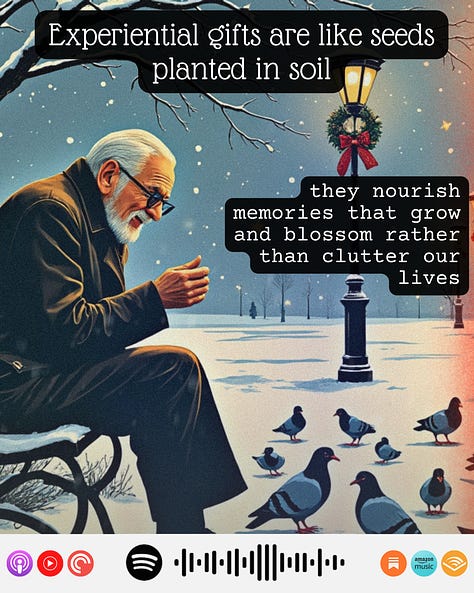
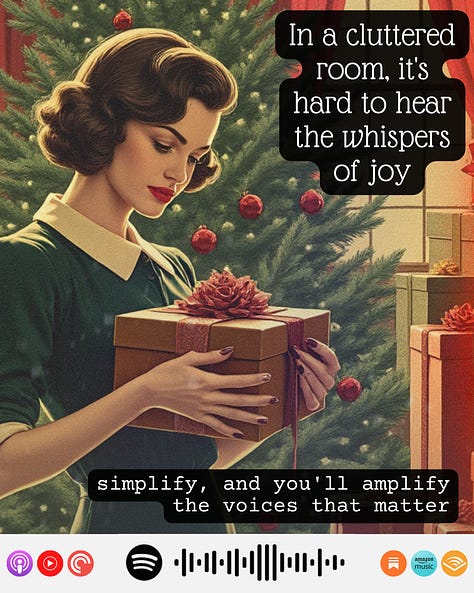













Share this post